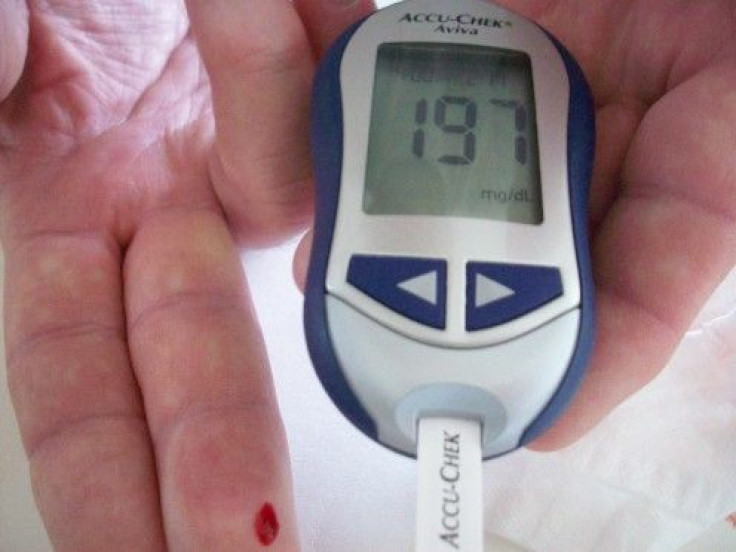Insulin May Cause Higher Rates Of Health Complications In Type 2 Diabetics

Researchers dug through the UK Clinical practice Research Datalink (CPRD), a database of 10% of the UK populations health records. The team from the Cardiff University School of Medicine, looked at risk of death and other disease complications in populations of people with Type 2 diabetes who were on insulin or other glucose modifying regimens.
Greater risk of health complications was seen in the group that took insulin between the years of 1999 and 2011, including heart attack, stroke, renal disease and eye complications. This is particular disturbing because of the increasing numbers of people diagnosed with Type 2 diabetes and prescribed an insulin regimen to control their blood sugar. "Insulin treatment remains the most longstanding blood-glucose-lowering therapies for people with type 2 diabetes, with its use growing markedly in recent years" said professor Craig Currie, lead researcher on the article.
A previous report out of Canada indicated that those who took insulin were three times more likely to have an incidence of death during their study.
Professor Currie, lead researcher in the study, adds: "Patients currently being treated with insulin should not, under any circumstances, stop taking their medications, and it is important to emphasise that this report related to only type 2 diabetes which typically starts in older people who are overweight.
"Each patient's individual circumstances are different and treatment decisions are managed by their clinician with all of their medical history fully considered.
"The vast majority of people who take insulin will experience no adverse effects and it remains a reliable and common form of treatment worldwide but this study shows that we need to investigate this matter urgently and the drug regulatory authorities should take interest in this issue.
"Anyone who is concerned should speak to their GP first before taking any action on managing their condition."
The report was published in the Journal of Clinical Endocrinology and Metabolism



























